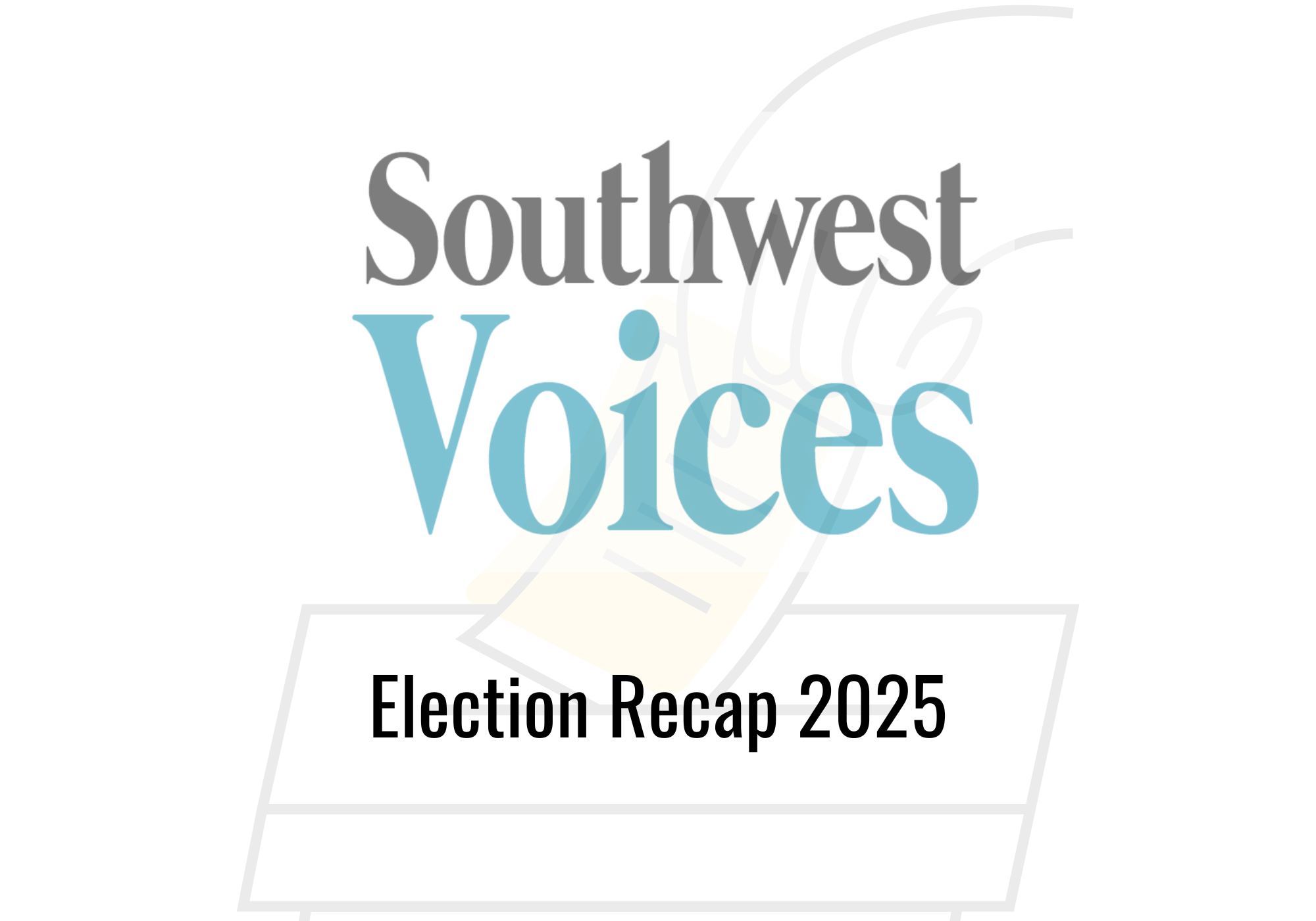Back in 2018, a required city growth and development plan started dividing neighbors over zoning laws (no pun intended). You may recall the dueling yard signs. “Neighbors for more neighbors.” “STOP MPLS 2040!”

The proposed 2040 Plan plan eliminated single-family zoning. Prior to this plan, some land was designated for single-family homes only. By eliminating single-family zoning, these plots of land could be used to build more duplexes, triplexes, and even larger buildings in some areas.
After a lengthy public engagement process, the 2040 Plan was adopted by the City Council on Dec. 7, 2018. The plan became effective on Jan. 1, 2020.
The conflict over the 2040 Plan did not end with its adoption.
On Dec. 4, 2018, before the plan even passed, three environmental groups filed their initial suit against the city under the Minnesota Environmental Rights Act (MERA). They argued the plan would lead to adverse environmental impacts. The environmental groups argued that the increased density would lead to increased traffic and noise, decreased air quality, loss of tree coverage/green space, negative impact on birds and other wildlife, and adverse impact to water quality. The City of Minneapolis, 2040 Plan advocates, and other environmental groups dispute these claims.
On June 15, District Court Judge Joseph Klein ruled in favor of the three groups–Smart Growth Minneapolis, the Audubon Chapter of Minneapolis, and Minnesota Citizens for the Protection of Migratory Birds.
This district court ruling immediately stopped all actions that can be approved within 2040 Plan, including some housing developments.
For example, the City Council had several rezoning motions pending at its June 16 meeting. All of these applications were postponed to the June 30 meeting while the city attorney’s office reviewed the district court’s decision.
This could be a temporary stoppage if the city succeeds in repealing the ruling.
On June 17, the city filed an appeal with the Minnesota Court of Appeals. This process will take months, but ultimately the Court of Appeals will determine whether to affirm or reverse the decision of the District Court Judge. Following the ruling of the Court of Appeals, the party which loses in that court could appeal to the Minnesota Supreme Court.
In the meantime, the 2030 Plan is currently in effect. Proposed developments which would have been permissible under the 2030 Plan can continue to move forward. Developments that would have not been permissible in the 2030 Plan cannot continue.
For example, if a duplex is being developed on a plot of land that was previously single-family zoned, that project would have to stop.

The court’s ruling will also have impacts on development projects which were recently approved by the council, but need to come back with additional approvals before they are deemed “final.”
Current applications are also effectively blocked for now, unless the application would have been allowed under the 2030 Plan.
Developers we spoke with for this story asked not to be named. They affirmed that all development processes at the city level are frozen.
“Everybody is kinda scratching their heads,” one developer said.
On June 21, the city requested that Judge Klein issue a stay of his order pending resolution of the city’s appeal to the Minnesota Court of Appeals. The city requested an expedited briefing schedule on the motion, with the plaintiff’s response to be due by June 28, and the city’s reply due by June 30.
In its arguments for the stay, the city notes the “chaos” which has been caused by the order.
If the request is granted, a stay of the order would delay the order from taking effect until the appeal is concluded, meaning that the 2040 Plan could again move forward. At the time of this writing, Judge Klein has not issued an order regarding the motion for a stay or regarding the requested expedited briefing schedule.
According to the April 2022 Minneapolis Rental Housing Brief from HousingLink, median rent for a one-bedroom apartment in Minneapolis is $1,025 and median rent for a two-bedroom apartment is $1,375. This is a slight decrease (1-2%) from 2021.

.jpg)







